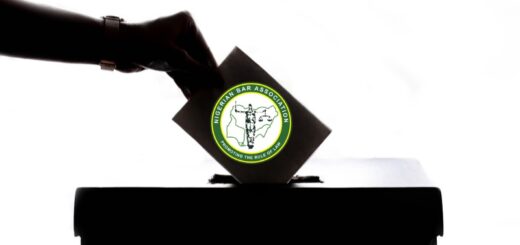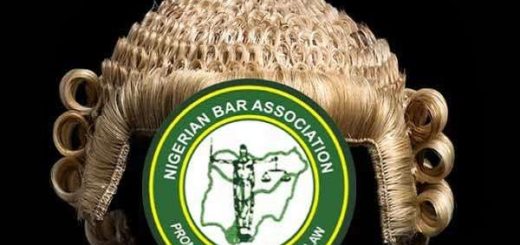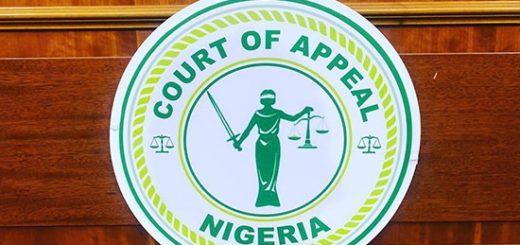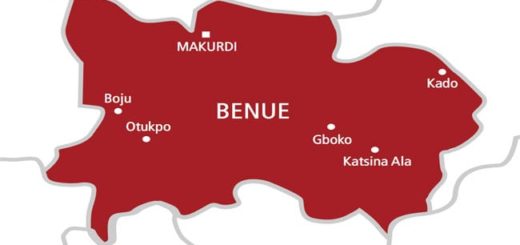Nigeria gets U.S. appeals court relief to delay Zhongshan $70 million asset seizure pending Supreme Court review
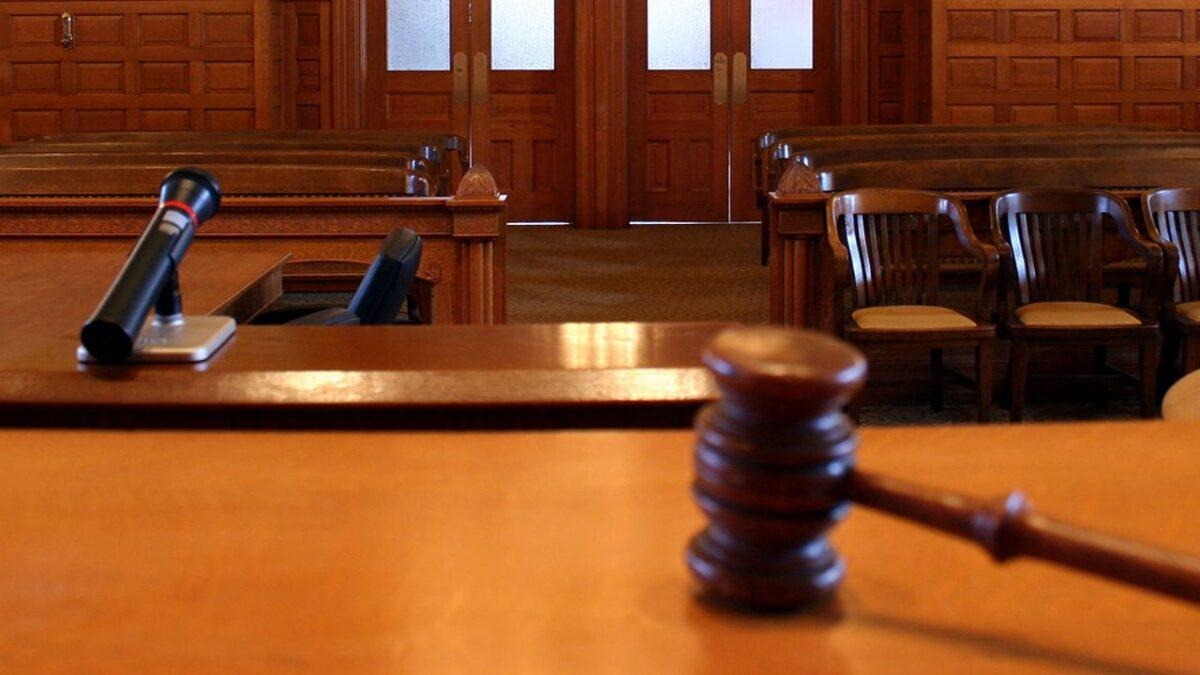 The Nigerian government has succeeded in delaying the entertainment of a suit filed by Zhongshang Fucheng Industrial Investment Ltd to seize $70 million from its crude earnings account with JP Morgan, a temporary relief in the ongoing legal war between the West African nation and the Chinese company over a trade deal that went south.
The Nigerian government has succeeded in delaying the entertainment of a suit filed by Zhongshang Fucheng Industrial Investment Ltd to seize $70 million from its crude earnings account with JP Morgan, a temporary relief in the ongoing legal war between the West African nation and the Chinese company over a trade deal that went south.
The U.S. Court of Appeals for the District of Columbia Circuit on Thursday granted Nigeria a stay of execution to delay the hearing of a matter that would have otherwise had the nation cough up $70 million to Zhongshang for reneging on a free-trade-zone contract in Ogun state during former Governor Ibikunle Amosun’s tenure.
Mr Amosun had admitted to not diligently scrutinising the terms of the contract before signing it, according to a statement in August.
Having lost its argument of sovereign immunity at the lower courts, the West African country applied for a stay of execution to temporarily stop Zhongshang from pursuing its foreign assets while it filed a petition for certiorari with the U.S. Supreme Court to review the matter.
A writ of certiorari is a request for the Supreme Court to examine the decision of the lower courts in dismissing Nigeria’s claim to sovereign immunity.
“It is ordered that the motion be granted,” stated a panel of three judges that included Patricia Millett, Michelle Childs and Greg Katsas on September 26.
Should Nigeria file a motion of certiorari before November 7 with proof sent to the appeals court, then the stay will be extended until whenever the Supreme Court gives judgement on the matter.
“If, within the period of the stay, appellant notifies the clerk in writing that a petition for writ of certiorari has been filed, the clerk is directed to withhold issuance of the mandate pending the Supreme Court’s final disposition of the matter,” the judges instructed.
If the writ of certiorari is granted, the Supreme Court will intervene and determine whether or not the lower courts were right to toss out Nigeria’s immunity claim last August.
If not, Nigeria will have to go back to prepare its defence for trial in the lower court, given its only argument against the Zhongshang suit has been that the U.S. had no right to entertain the matter because the West African nation enjoyed sovereign immunity that insulated it from obeying orders of other nations.
Mr Amosun had crudely backed out of the Ogun state free-trade-zone deal, which landed Zhongshang expatriates in a detention cell where they claimed to have been tortured by the Nigerian police.
Seeking compensation for losses incurred in European courts and the U.S., the Chinese company looked to enforce the seizure of $70 million from Nigeria’s account with financial giant, JP Morgan.
In another active case, Nigerian-UK businessman, Louis Emovbira Williams, tortured by the SSS and scammed of $6.5 million by the Nigerian government in a food importation deal, received authorisation to seize $21 million from Nigeria’s account with JP Morgan.
The U.S. District Court Southern District of New York gave Mr Williams the go-ahead to withdraw $21 million from Nigeria’s bank account with JP Morgan, used to stash funds from crude oil sales to foreign entities.
However, the West African nation intends to appeal the ruling at the Second Circuit in New York.
